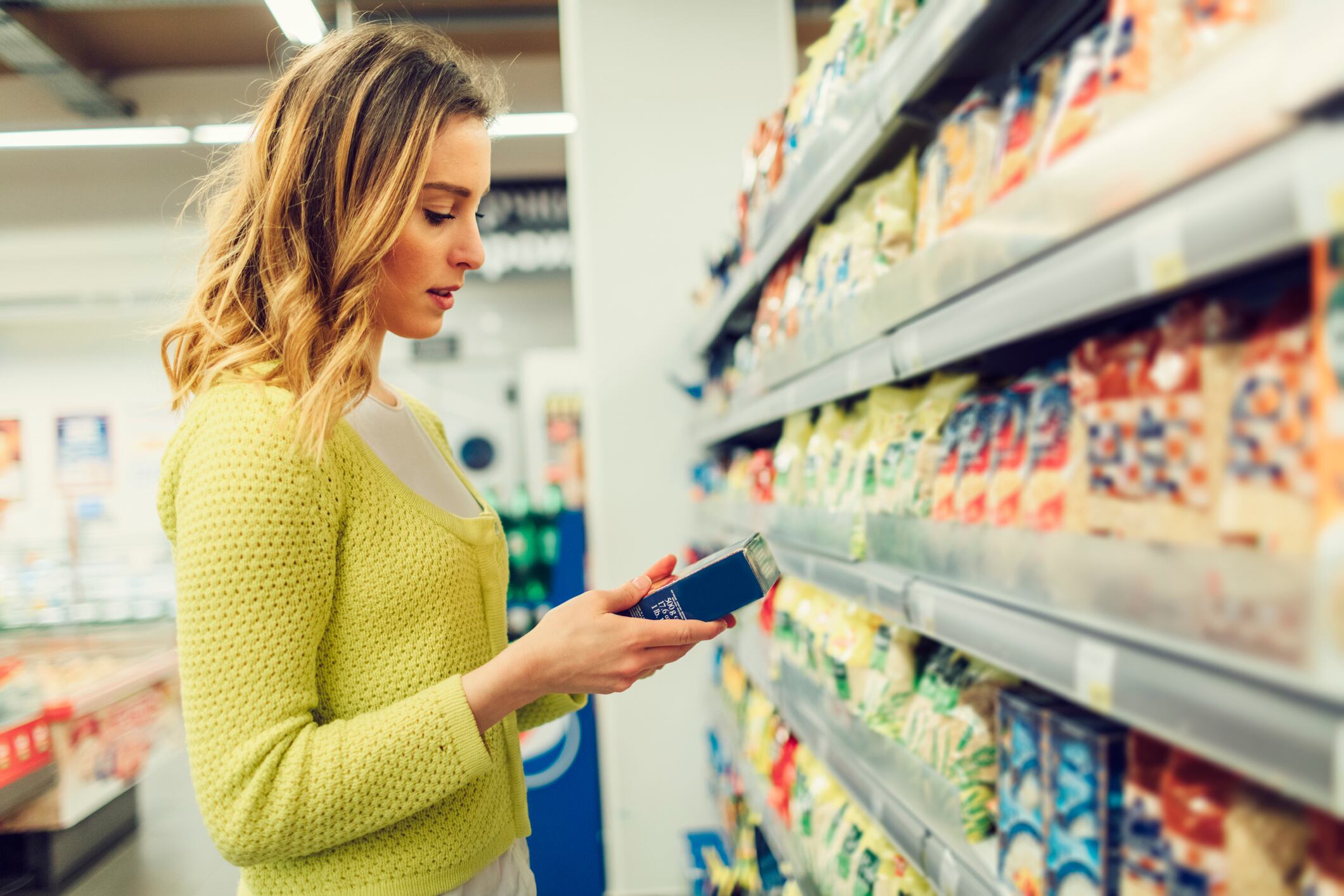Diabetes more prevalent worldwide despite ‘healthier’ diets: Global study
A major global study has revealed that while general consumption of vegetables and fruits has increased and red meat reduced, the worldwide burden of diabetes has continued to rise
Researchers from Xiamen University in China analysed data from 175 countries between 2010 and 2021.
They tracked how much vegetables, fruits, and red meat people consumed and compared it to rates of diabetes across different regions.
Their findings showed that not all “healthy” eating trends worked the same way in every country — or for every outcome.
Dairy, but not fruits and vegetables, shown to lower blood lipid levels – WHO-based STEPs study
Researchers have found that dairy intake lowered triglyceride levels while fruit and vegetable intake had no significant impact on blood lipid levels.
Dairy consumption led to lower triglyceride levels but had no impact on total cholesterol and high-density lipoprotein cholesterol (HDL-C), while fruit and vegetable intake had no impact on overall blood lipid levels, revealed a cross sectional study in Iran.
“Based on our findings, we observed an inverse association between dairy consumption and serum triglyceride levels.
“However, no association was found between FV consumption or dairy intake and lipid profiles such as TC and HDL-C,” wrote researchers in BMC Research Notes.
Real-time nanosensor helps leafy greens thrive in Asia
New nanosensor boosts yield and quality of Asian vegetables, offering a non-invasive solution to food security in space-limited urban environments
Choy sum and spinach are widely consumed leafy greens in Asia, but they are sensitive to environmental stresses that can affect crop quality and yield.
This issue can be managed by a novel near-infrared (NIR) fluorescent nanosensor, which can monitor how plants grow without invasive or damaging procedures, helping to optimise both yield and quality for cities aiming to enhance food security amid space constraints.
Oatly bets on coffee and science to fuel plant-based milk’s comeback
Oatly defends processed food, doubles down on coffee and pushes for the next wave of plant-based milk growth
Despite waning plant-based milk sales – which dropped for the first time in years in 2025 to $2.9 billion, a 4.4% decrease from 2023, per Nielsen NIQ data – there is hope for the category, according to Helge Weitz, president of Oatly North America.
The oat milk manufacturer views itself as a science-based company, seeing food as an asset in creating healthy and sustainable products, according to Weitz.
Next level functional snacks: Is COA on the money with high protein chocolates?
High-protein chocolates look set to lead the next wave of innovation in the functional snacks category
The increasing popularity of functional snacks in markets all over the world has been no secret – but while chocolate-flavoured protein products have been common, the idea of a chocolate snack that is high in protein has been less so.
This may be about to change with Singapore-based COA & Co (COA) Chocolates, which burst onto the scene recently with its high-protein chocolate snacks enriched with fermented soy.





